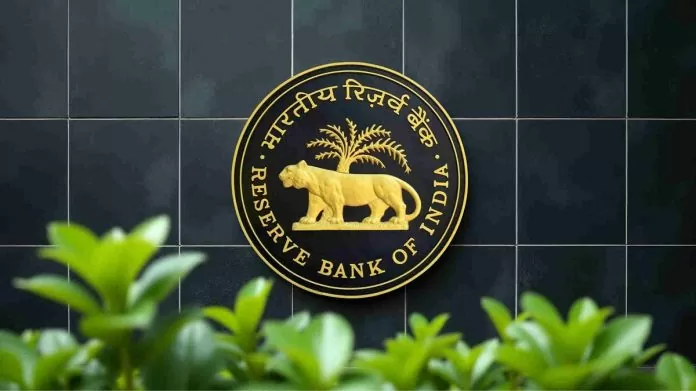Business
RBI Imposes Penalties on Five Banks for Regulatory Violations

The Reserve Bank of India (RBI) has imposed significant monetary penalties on five banks for various regulatory violations. This decision, announced on August 14, 2023, is part of the central bank’s ongoing efforts to enforce compliance within the banking sector. The penalties raise questions about customer confidence in these institutions.
Four of the penalized banks are located in Gujarat, while one is based in Aurangabad, Maharashtra. The fines vary, with Shri Bharat Co-operative Bank Limited facing a penalty of ₹250,000. Sarfadganj Mercantile Co-operative Bank Limited will pay ₹100,000, while Sarvodaya Commercial Co-operative Bank Limited has been fined ₹500,000. The Uma Co-operative Bank Limited also faces a penalty of ₹100,000, and Maharashtra Gramin Bank has been fined ₹420,000.
Reasons for the Penalties
The penalties stem from a series of infractions discovered during inspections conducted by the RBI. Maharashtra Gramin Bank was found to have delayed reporting certain fraud cases to NABARD and did not maintain a system for periodic risk classification reviews, which should occur every six months.
Shri Bharat Co-operative Bank failed to establish necessary internal audit systems and did not adequately identify and classify non-performing assets (NPAs). Similarly, Sarfadganj Mercantile Bank accepted interest-free deposits in accounts outside of current accounts, contravening established banking rules.
Sarvodaya Commercial Co-operative Bank Limited was cited for multiple violations, including issues related to Know Your Customer (KYC) regulations and improper financial reporting. The bank’s concurrent audits were not conducted as required, leading to a failure in correctly categorizing NPAs.
The Uma Co-operative Bank Limited was noted for not conducting internal audits during the period from April 1, 2022, to March 31, 2024, further compounding its regulatory issues.
Inspection and Compliance Measures
Prior to imposing these penalties, the RBI conducted thorough inspections to assess the financial practices of the affected banks. Following the inspections, show cause notices were issued, allowing the banks to respond to the findings. The RBI based its final decisions on the banks’ responses, presentations, and supporting documents.
This regulatory action aims to uphold banking standards and ensure that institutions operate within the legal framework intended to protect customers. The RBI has emphasized that these penalties are not designed to disrupt customer transactions or agreements with the banks.
As customers navigate their banking choices, the RBI’s actions highlight the importance of regulatory compliance and the need for robust internal controls within financial institutions. The impact of these penalties may provoke concern among customers, prompting them to reassess their banking relationships in light of these developments.
-

 World5 months ago
World5 months agoSBI Announces QIP Floor Price at ₹811.05 Per Share
-

 Lifestyle5 months ago
Lifestyle5 months agoCept Unveils ₹3.1 Crore Urban Mobility Plan for Sustainable Growth
-

 Science4 months ago
Science4 months agoNew Blood Group Discovered in South Indian Woman at Rotary Centre
-

 World5 months ago
World5 months agoTorrential Rains Cause Flash Flooding in New York and New Jersey
-

 Top Stories5 months ago
Top Stories5 months agoKonkani Cultural Organisation to Host Pearl Jubilee in Abu Dhabi
-

 Sports4 months ago
Sports4 months agoBroad Advocates for Bowling Change Ahead of Final Test Against India
-

 Science5 months ago
Science5 months agoNothing Headphone 1 Review: A Bold Contender in Audio Design
-

 Top Stories5 months ago
Top Stories5 months agoAir India Crash Investigation Highlights Boeing Fuel Switch Concerns
-

 Business5 months ago
Business5 months agoIndian Stock Market Rebounds: Sensex and Nifty Rise After Four-Day Decline
-

 Sports4 months ago
Sports4 months agoCristian Totti Retires at 19: Pressure of Fame Takes Toll
-

 Politics5 months ago
Politics5 months agoAbandoned Doberman Finds New Home After Journey to Prague
-

 Top Stories5 months ago
Top Stories5 months agoPatna Bank Manager Abhishek Varun Found Dead in Well









